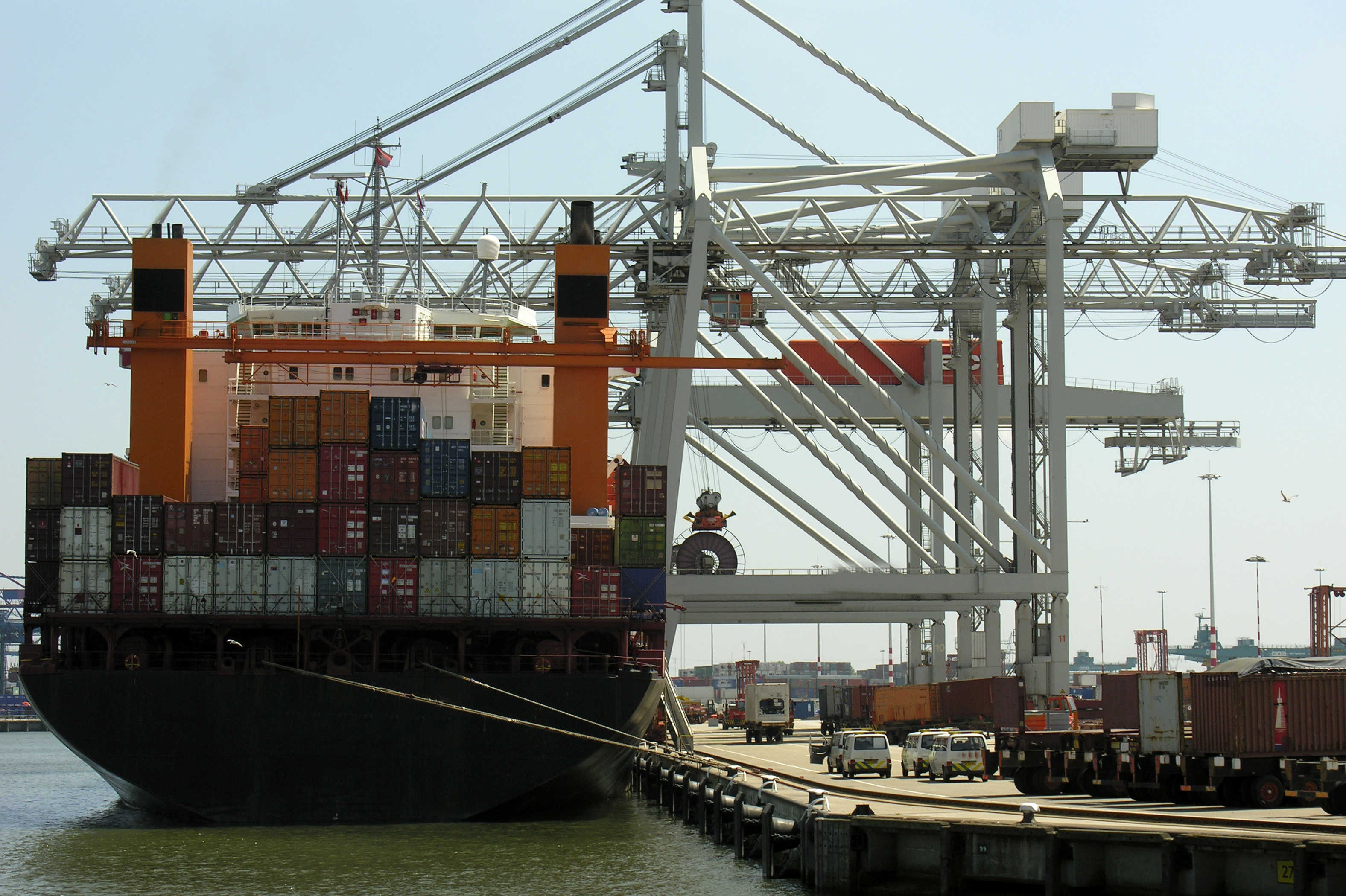The Brazilian port concession program is officially a go. After being delayed for more than 18 months, the first phase of Brazil’s approximately $3.36 billion port concession program received the go-ahead from the Tribunal de Contas da Uniao. Brazil’s leading port Santos which process about 28% of the country’s foreign trades, along with ports of Belem, Vila do Conde and Santarem will see most of the investment in new port concessions.
Shippers should begin to see an increased capacity in Brazil key ports as a direct result of the Santos round of concessions alone. According to published reports, rates have already fallen around 20 percent over the past year because of additional capacity gained through the opening of a terminal operated by Embraport and Brasil Terminal Portuaria.
The TCU, a Brazil-based watchdog over national and international concession processes, has about six times announced that it would wrap up its investigations to allow the original plan to proceed in the last year alone, only to change its min. Many claim the stonewalling were politically inspired. With the green light given by the TCU, finally the process will open up for the awarding of concessions to 26 terminals in Santos and Para. However, Special Ports Minister (SEP) Edinho Araujo office is still responsible to decide on the final concession documents and to assess the best offers.
Among the prime targets of the first round of concessions is a massive terminal that will comprise the merging of the current day Deicmar roll-on/roll-off and special project terminal. The complex will also incorporate the small container terminal of Rodrimar, the container storage facility of Termares and a small fruit juice terminal called Citrosuco Paulista, which is owned by the Fischer family group. This so-called Super Terminal will be the jewel in the crown of the first round of concessions. The 236,000-square meter (774,278 square feet) complex will handle general cargo, ro-ro and containers.




